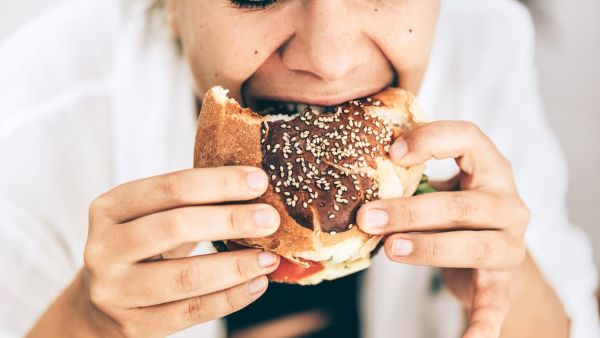
Medications such as Ozempic, Wegovy, and Mounjaro, already hailed as breakthroughs for weight loss, may have another surprising effect: changing the way food tastes. A new international study suggests these drugs can make meals seem sweeter or saltier, a shift that appears linked to reduced appetite and fewer cravings.

The findings were presented this week at the European Association for the Study of Diabetes (EASD) Annual Meeting in Vienna and published in the journal Diabetes, Obesity and Metabolism.
Researchers surveyed 411 adults with overweight or obesity who had been taking one of the drugs for at least three months. Roughly one in five participants reported food tasting noticeably sweeter or saltier than before.
“These drugs act not only on the gut and brain regions that control hunger, but also on taste bud cells and brain areas that process flavor and reward,” explained Professor Othmar Moser, University of Bayreuth in Germany, who led the research. “That means they can subtly change how strongly we perceive flavors like sweetness or saltiness. In turn, this may affect appetite.”
Reports of bitterness or sourness hardly changed.
The effect varied slightly by drug: Wegovy users were more likely to notice saltier flavors, while reports of increased sweetness were consistent across all three medications.
Taste wasn’t the only change. More than half of participants said they felt less hungry, and nearly two-thirds reported feeling full sooner. Food cravings also dropped, especially among those on Mounjaro.
While taste changes were strongly linked to satiety and appetite reduction, they did not directly correlate with weight loss. Average reductions in body mass index (BMI) across the groups were:
Researchers say that’s because weight loss depends on more than taste—factors like metabolism, diet, and exercise all play critical roles.
“Shifts in taste may influence how satisfying food feels, which helps control appetite,” said Moser. “But weight loss is a far more complex process.”
The findings could help doctors fine-tune treatments. If a patient reports food suddenly tasting sweeter or saltier, it may be a clue that the medication is working to reduce appetite, even before significant weight loss shows up on the scale.
It could also guide dietary advice. For example, patients who find salt overwhelming might be encouraged to adjust their food choices to maintain comfort while still benefiting from the therapy.
The study relied on self-reported data and cannot prove cause-and-effect. The online survey group may also not reflect the entire population of patients using these medications.
Still, the research opens a new line of investigation into how incretin-based therapies—a class of drugs now central to obesity and diabetes treatment—affect the body in unexpected ways.
Looking ahead, Moser and colleagues hope to explore the biological mechanisms in more detail, including how these drugs act on taste pathways in the brain and mouth.
For now, the study suggests that for some patients, losing weight with drugs like Ozempic, Wegovy, and Mounjaro may come with an added surprise: dinner tasting a little different—sweeter, saltier, and maybe more satisfying.